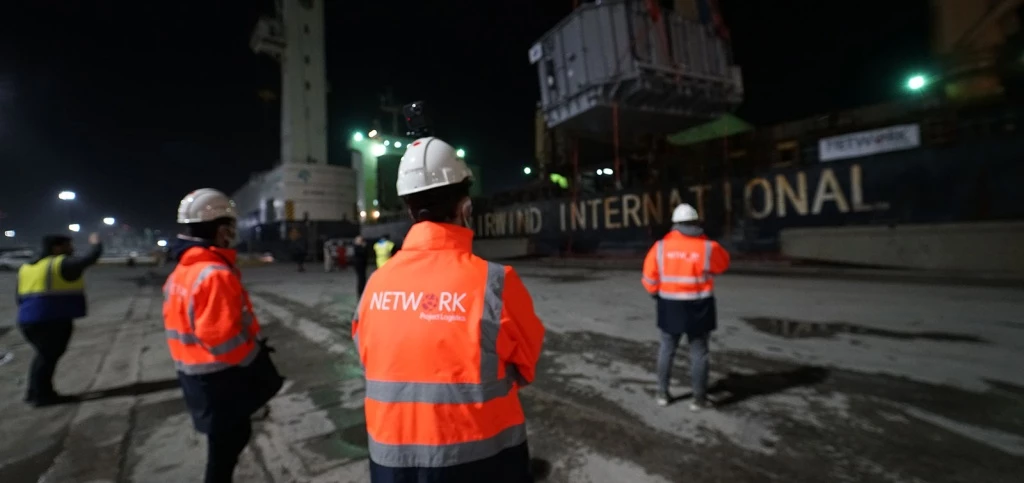
The most widely accepted definition of logistics today is “Logistics is the planning, implementation and control of the effective and efficient movement and storage of materials, services and information flow in the supply chain from the starting point of the raw material to the end point where the product is consumed, in both directions, in order to meet the needs of customers”.
the product is consumed, in both directions, in order to meet the needs of customers”. At the onset of the 20th century, logistics began as a concept in military operations and eventually extended into the business world during the Second Industrial Revolution. Prior to the definition made by the Council of Supply Chain Management Professionals (CSCMP) in 1998, various definitions were proposed by different disciplines ranging from military to universities.
In order to eliminate this confusion, in 1998, the definition of logistics was announced by CSCMP as “Logistics is the planning, implementation, transportation, storage, and control service of all kinds of products, service, and information flow in the supply chain from the starting point of its raw material to the final consumption point of the product, in an effective and efficient manner to meet the needs of customers”.
For 15 years, this definition remained the most widely accepted definition of logistics without any changes. In 2002, the concept of “Return Logistics” was added to the definition. For 15 years, this definition remained the most widely accepted definition of logistics without any changes. In 2002, the concept of “Return Logistics” was added to the definition. A revision was made as, “Logistics is the planning, implementation and control of the effective and efficient movement and storage of materials, services and information flow in the supply chain from the starting point of the raw material to the end point where the product is consumed, in both directions, in order to meet the needs of customers.”



